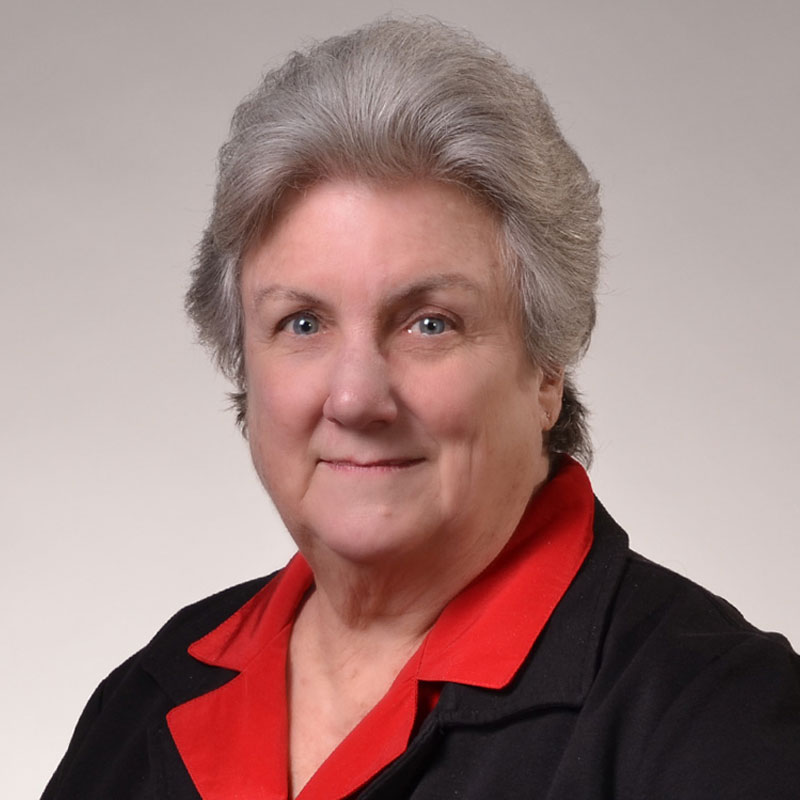Back to Projects List
Analysis of Effective Science Coaching: What, Why and How
Research Team
Principal Investigator: Gwen Nugent
Co-Principal Investigators: Gina Kunz
Funding Information
Funding Agency: National Science Foundation (NSF)
Award Date: Oct 1, 2016
End Date: Sep 30, 2020
Abstract
Professional development for teachers using instructional “coaches” — trained educators who provide ongoing feedback to help teachers enhance their classroom performance — has proven to be a promising form of training.
This project aims to identify the most effective coaching strategies by pinpointing how and why they work. To achieve this, two basic research questions will be asked:
- What are the descriptive features of coaching (e.g., feedback, planning, reflective discussion, amount of time each person spoke, teacher-coach relationship, pedagogy and content discussion)?
- What is the relative contribution of key coaching elements to achieve desired teacher and student outcomes?
To answer these questions, researchers will analyze video-recorded data from an initial study conducted through CYFS’ National Center for Research on Rural Education. The study included 124 middle and high school teachers from rural Nebraska schools; some of the teachers received coaching and some did not.
According to that study, teachers who received science coaching improved their classroom practice, knowledge and self-confidence, while their students showed better science practice skills and on-task engagement.
Researchers aim to determine how coaching affected the outcomes. They will also identify which coaching strategies are used the most, and how use of these strategies impact teacher and student outcomes.
Research results will provide a broader perspective about teacher coaching and may help guide best practices.

